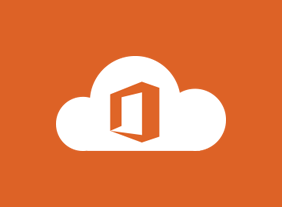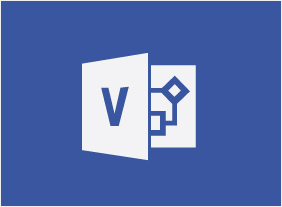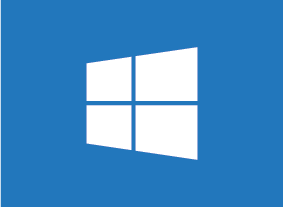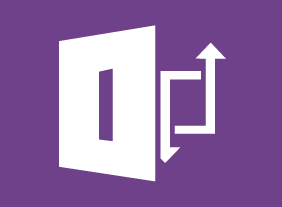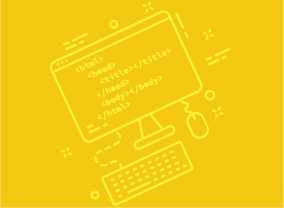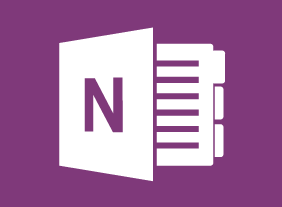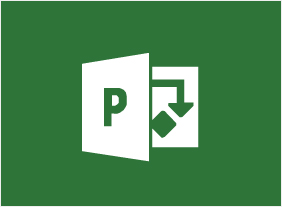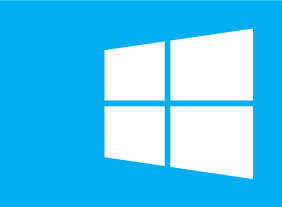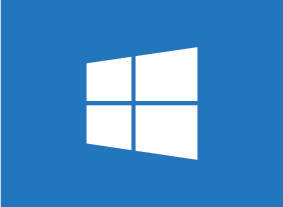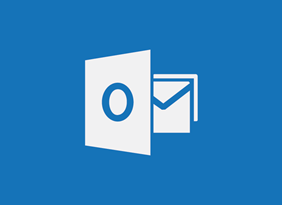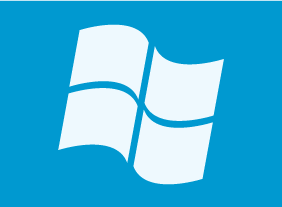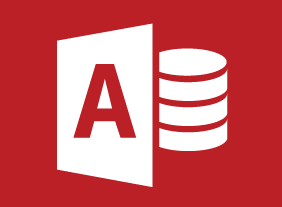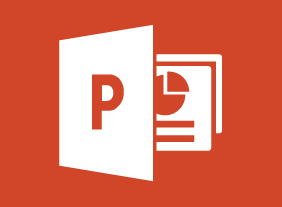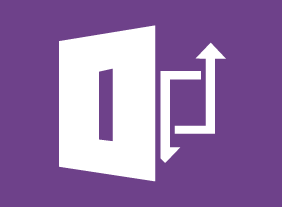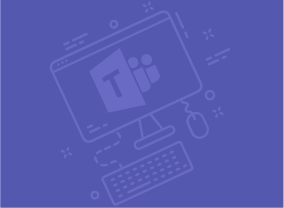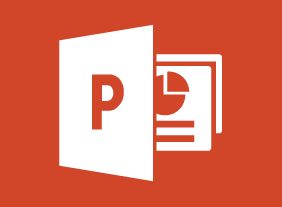-
Introduction to HTML and CSS Coding: Getting Started with CSS
$99.00In this course you will learn how to add the "style" tag to the HTML code, add colors to elements with CSS, and use identifiers to select elements to style. -
Basic Business Management: Boot Camp for Business Owners
$99.00This course will give you all the skills that you need as a new business owner. Youll learn how to develop your organizational chart, manage operations, speak knowledgeably about finance, hire the right people, build your brand, market your product online and offline, complete a strategic plan and a succession plan, and build your customer base. Youll also learn the basics of leadership and tips for taking your business to the next level. -
Public Speaking: Presentation Survival School
$99.00After you complete this course, you will be able to establish rapport with your audience, implement techniques to reduce nervousness and fear, understand your strengths as a presenter and how to appeal to different types of people, recognize how visual aids can create impact and attention, develop techniques to create a professional presence, learn some different ways to prepare and organize information, and prepare, practice, and deliver a short presentation. -
Leadership Skills for Supervisors
$99.00Upon completion of the Leadership Skills for Supervisors course, you should be familiar with methods for prioritizing, planning and managing your time, you should be able to identify your primary leadership style and other styles, you should be aware of ways to meet the needs of employees through communication and coaching, and how to manage conflict. -
Introduction to Microsoft Power BI: A Closer Look at Visualizations
$99.00In this course you will learn how to create and manage the following types of visualizations: matrixes, tables, charts,maps, gauges, cards, KPIs, and slicers. -
Microsoft Teams: Customizing You Teams Experience
$99.00In this course you will learn how to manage your Teams profile, manage teams, and add bots and apps to Teams.


